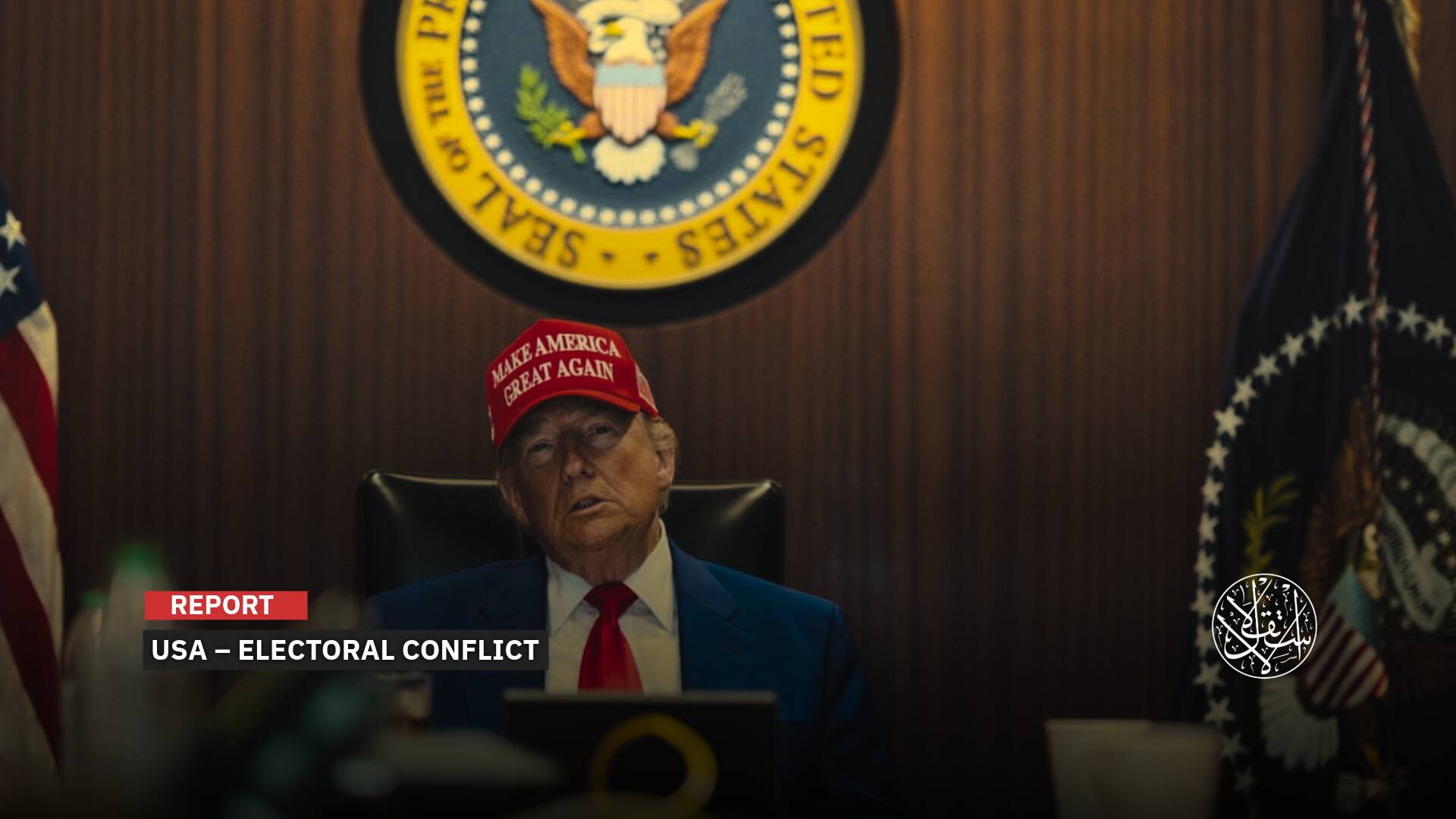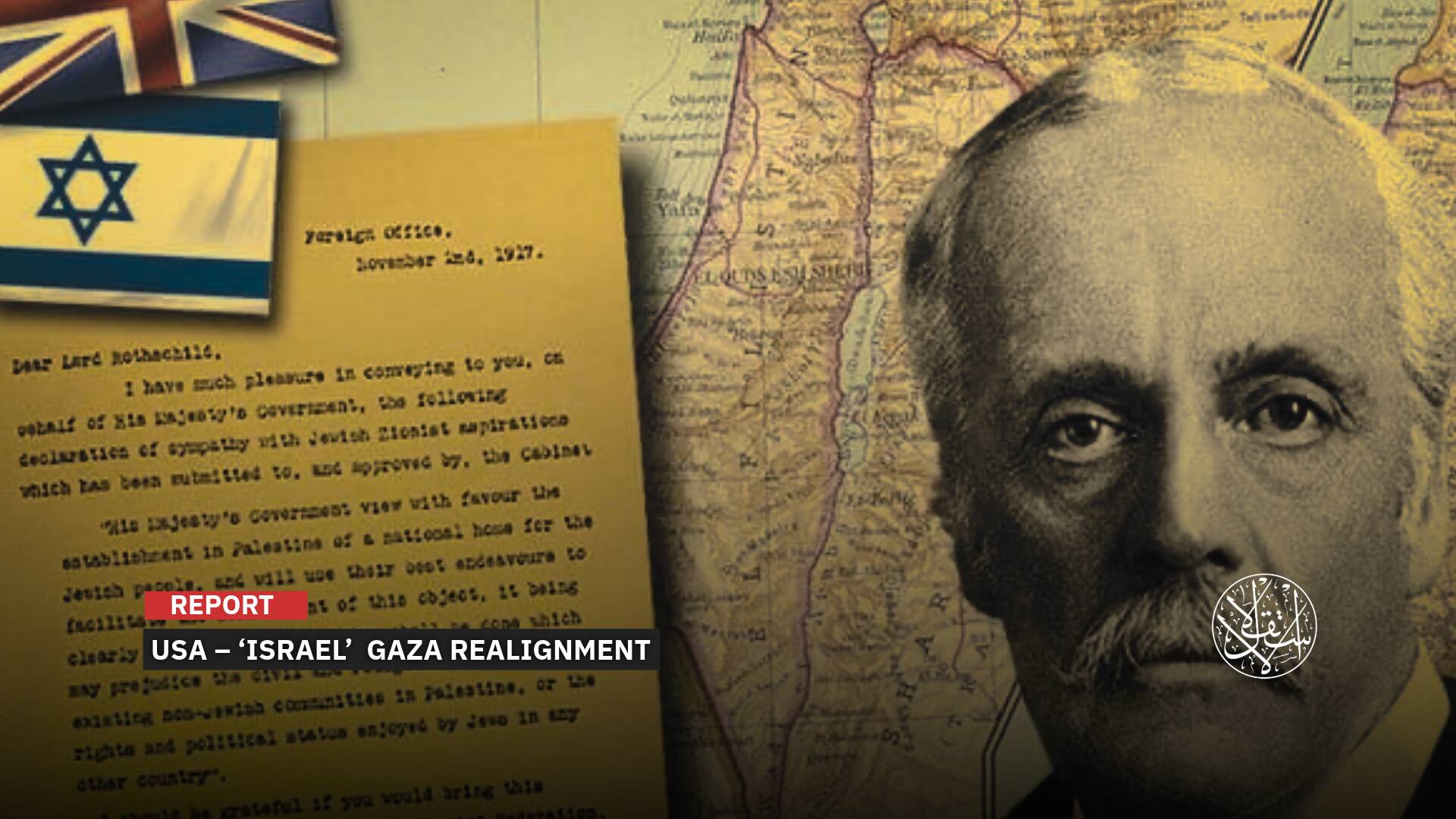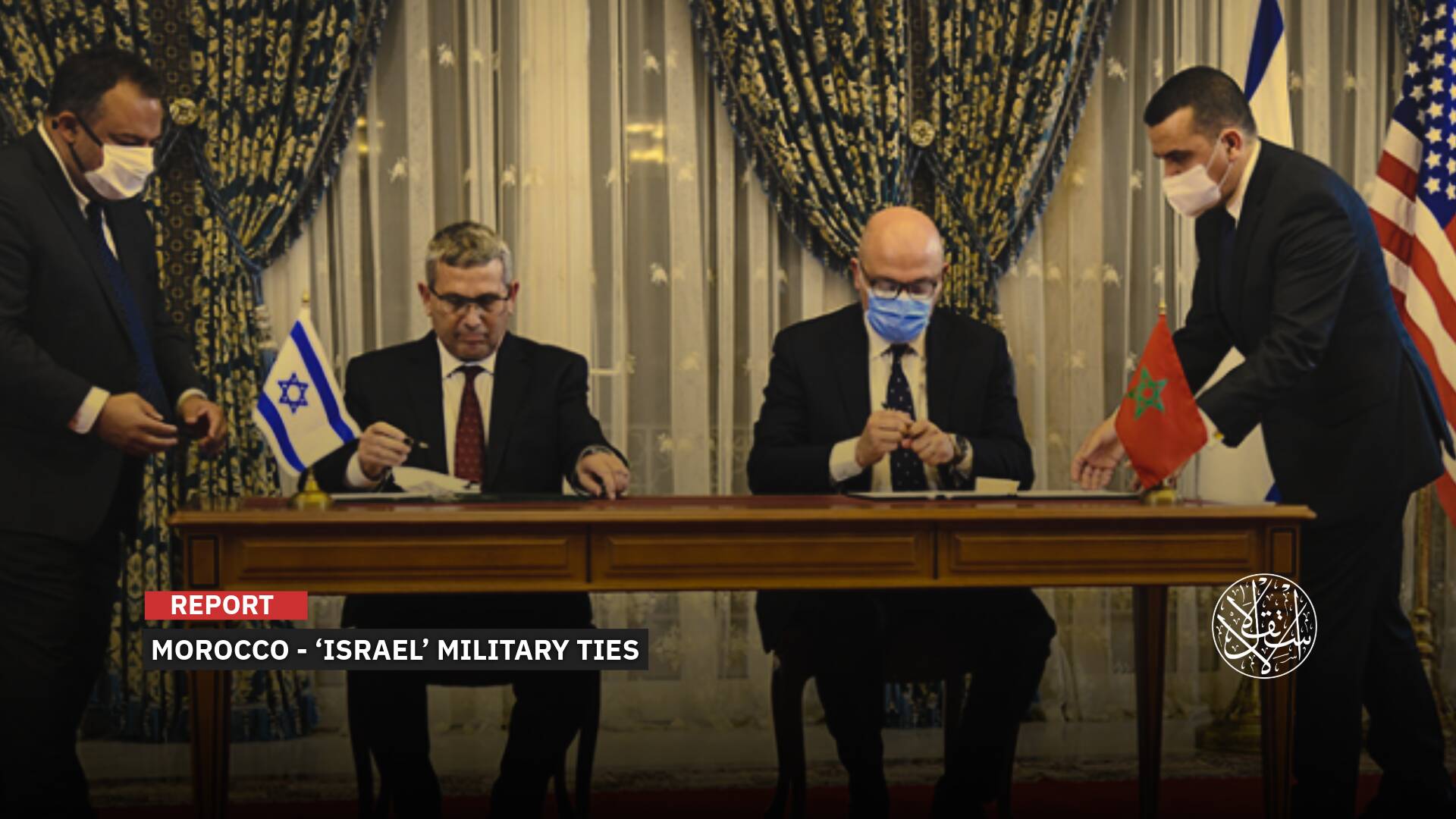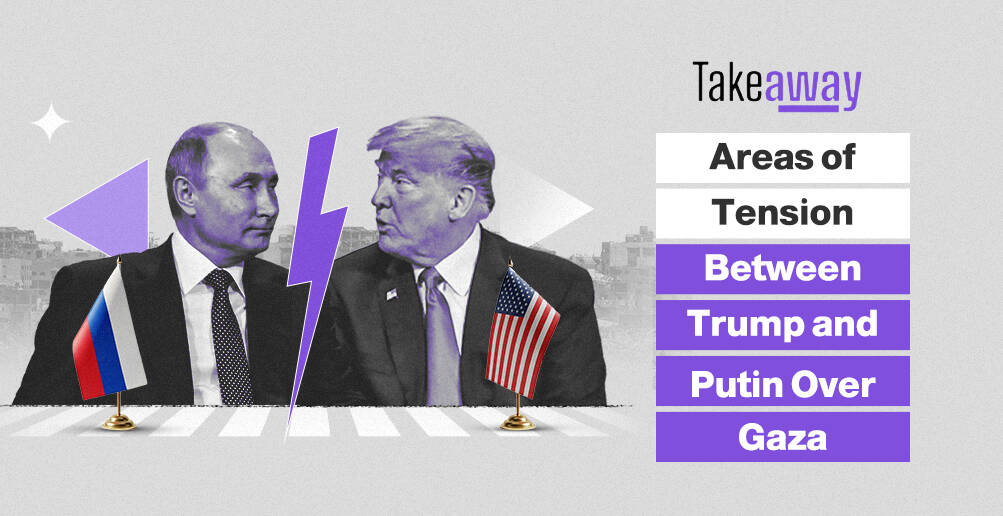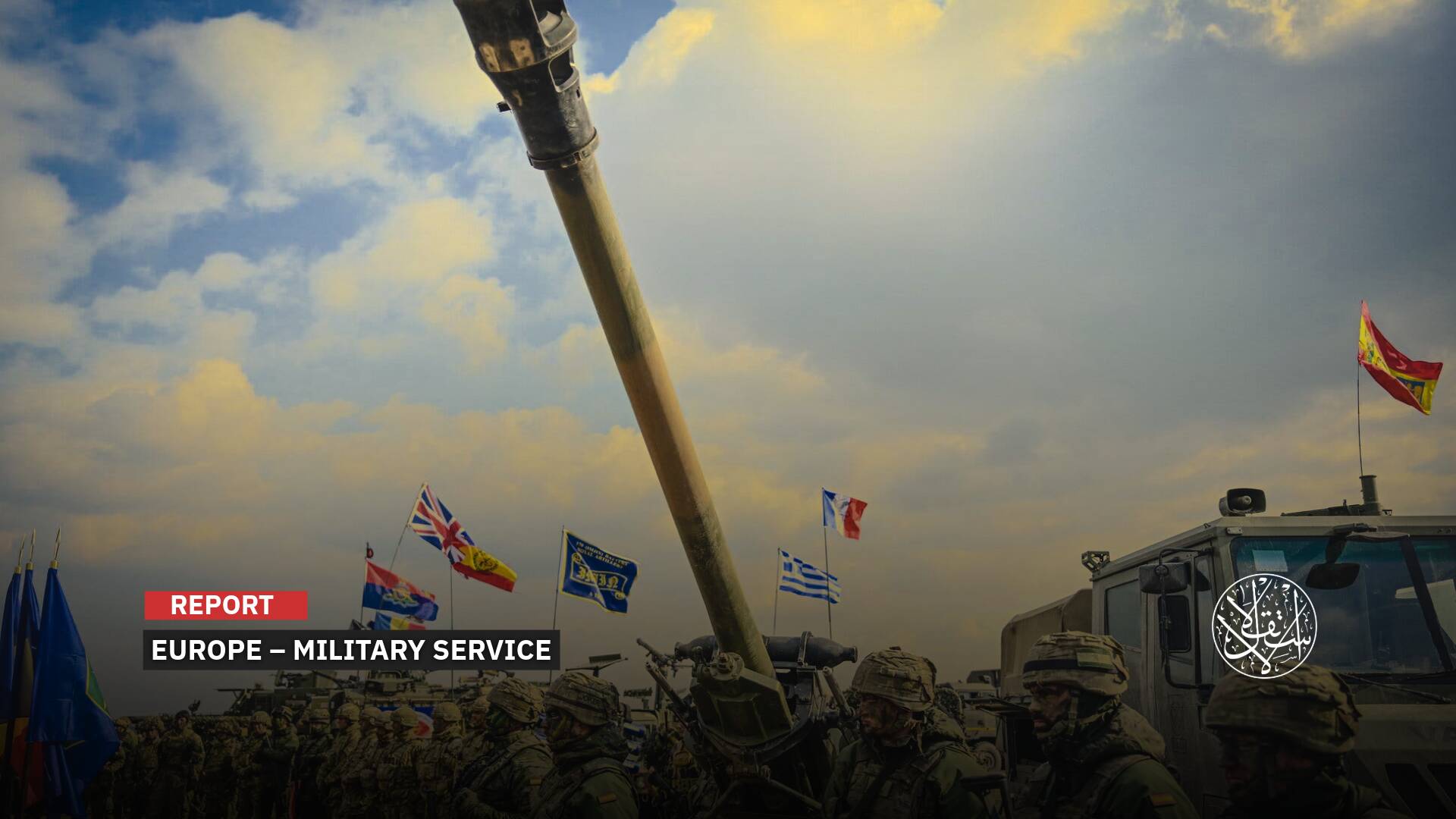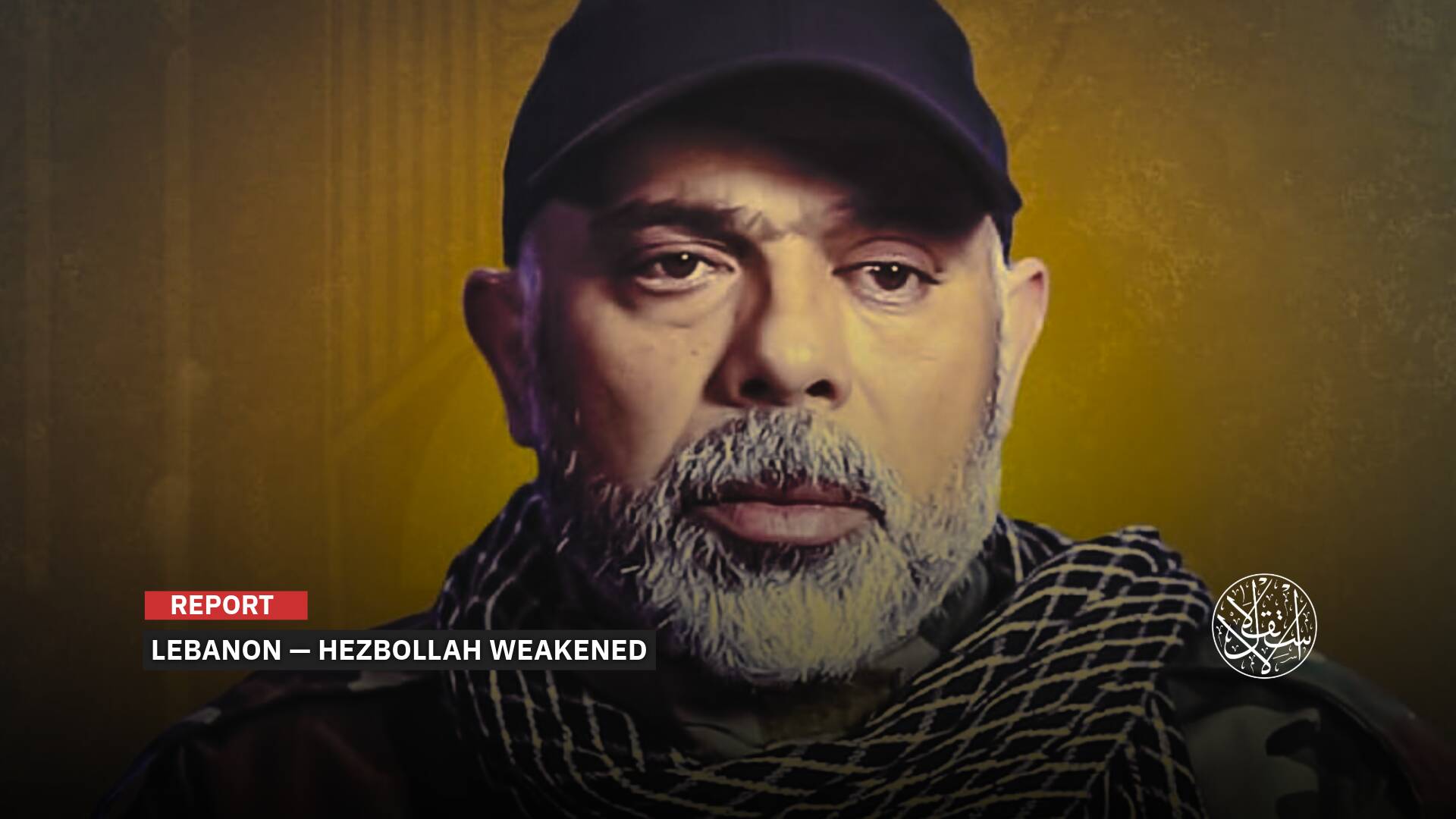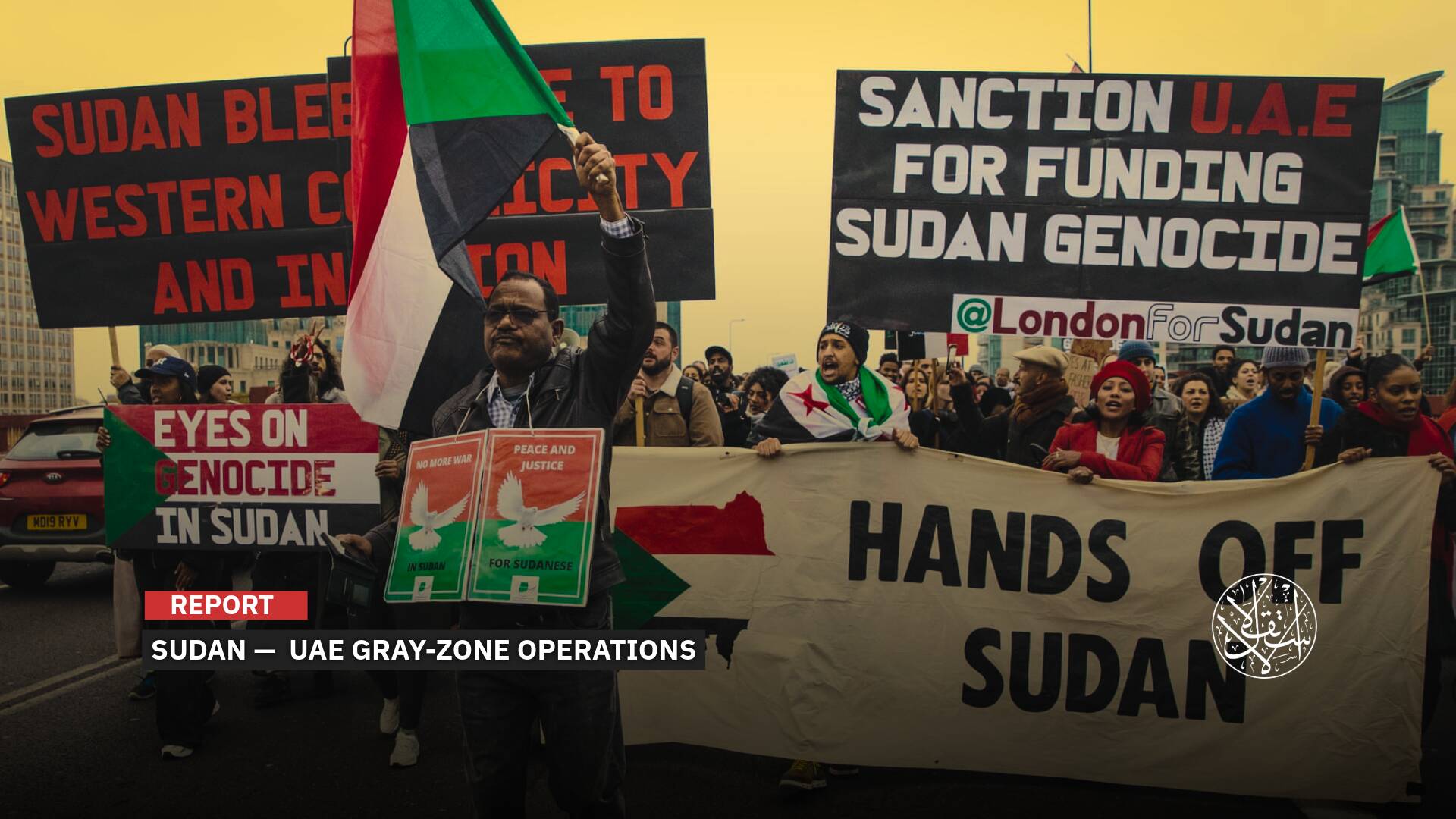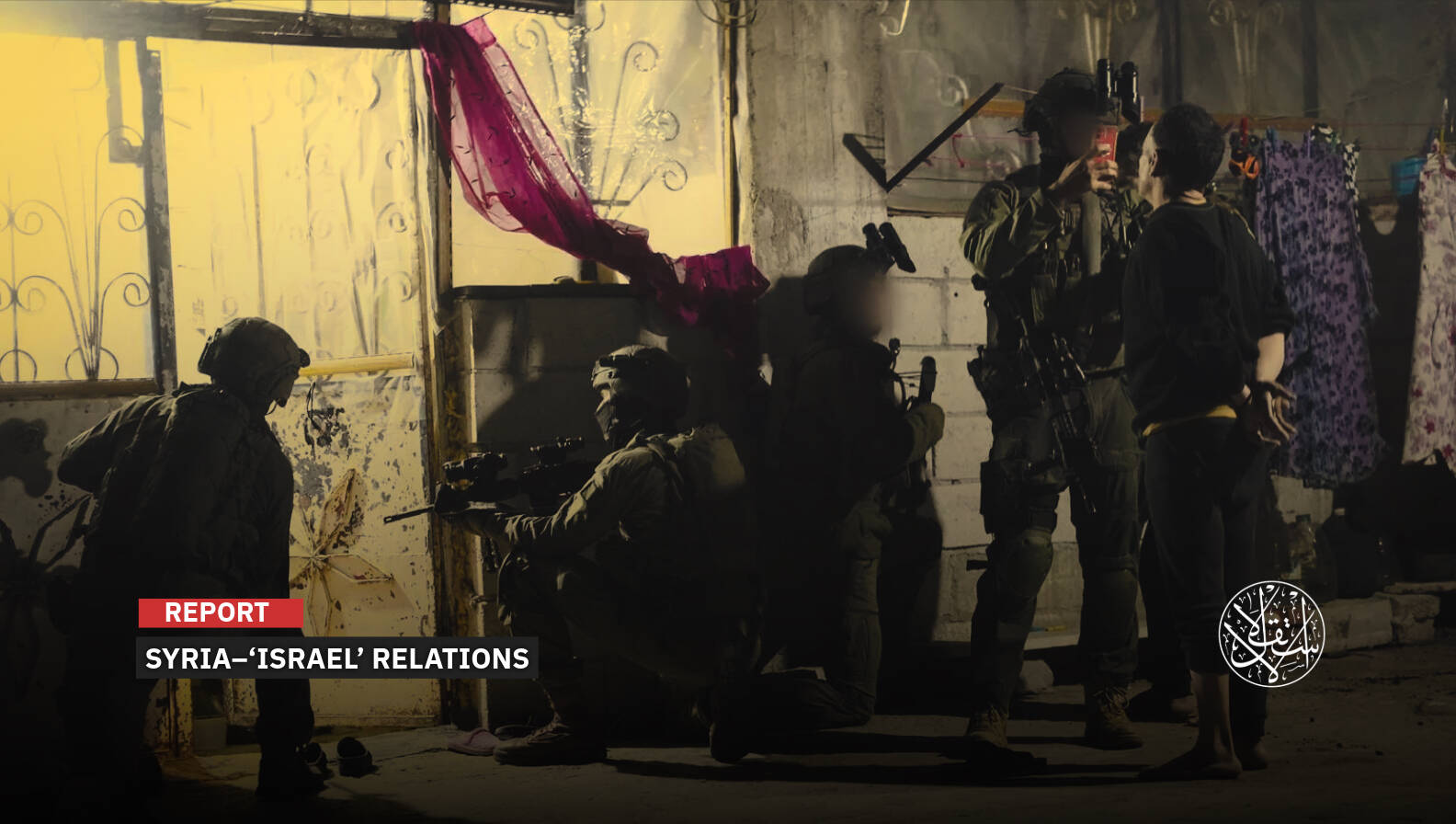Dr. Tareq Al-Suwaidan to Al-Estiklal: Trump Fueled the Wave of Islamophobia Much More Than 9/11
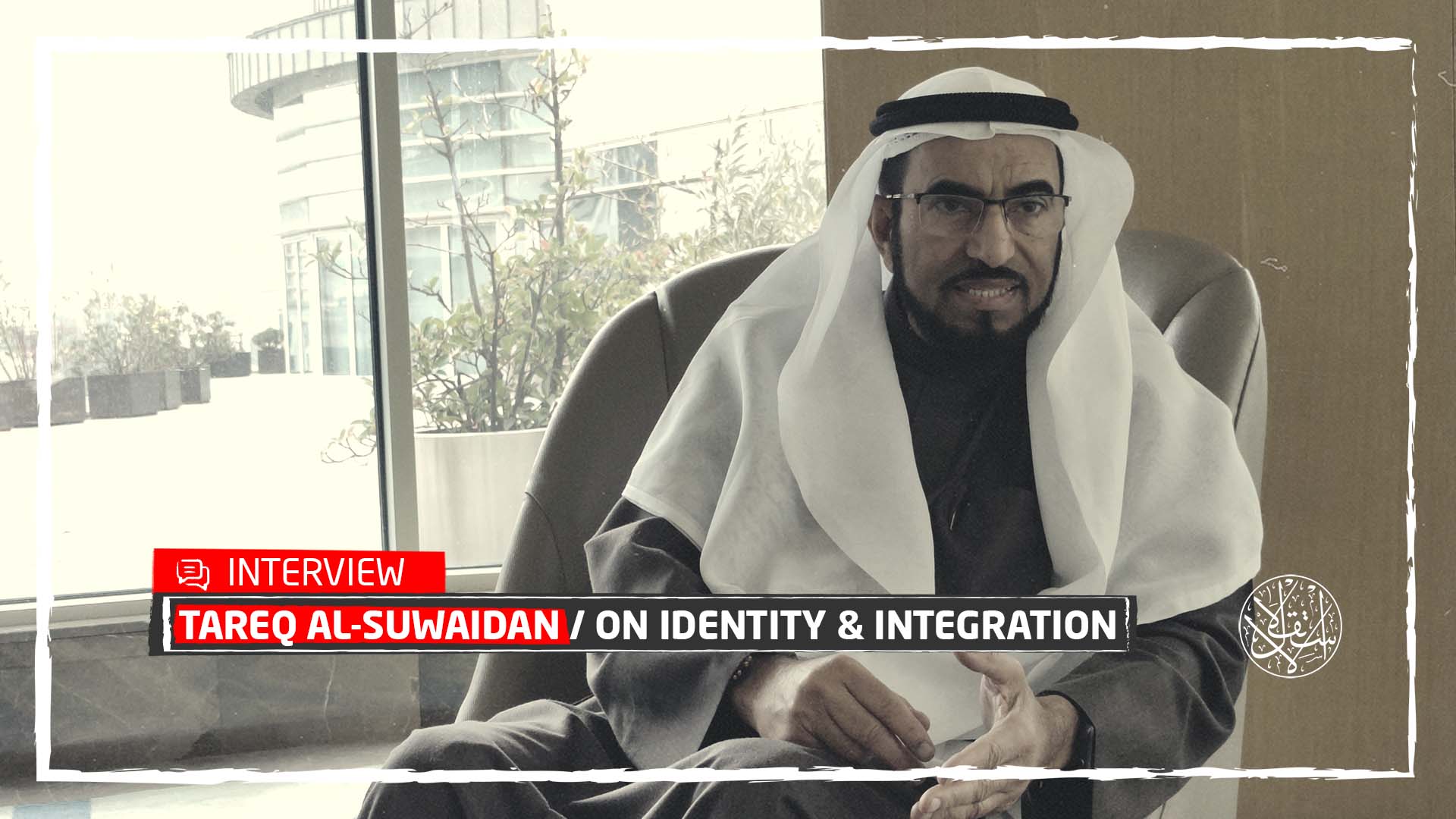
Islamophobia shapes imaginary constructs about Muslims that are used to justify discrimination and hostility against them. Moreover, it prevents Muslims from enjoying their fundamental human rights of freely practicing their religion and serenely embracing their belief system.
The United Nations Human Rights Council released a report in March 2021, highlighting the growing Islamophobia in many countries around the world. The report pressured the governments around the world to do more to confront Islamophobia.
The report referred to the European surveys in 2018 and 2019 showing an average of 37% of the population holding unfavorable views of Muslims. Furthermore, in 2017, 30% of Americans surveyed viewed Muslims in a negative light.
Through an exclusive interview with Al-Estiklal, the prominent Islamic figure Dr. Tareq Al-Suwaidan articulated his opinion about the rise of Islamophobia; he listed the steps for Muslims to maintain the balance between identity and full integration in Western societies. Furthermore, Dr. Al-Suwaidan addressed other issues of crucial importance to Muslims in Western countries.
It is noteworthy that the well-known Islamic thinker has multiple intellectual contributions, including the establishment of 5 American and Canadian schools, writing more than 125 books, issuing more than 100 audio and video content, finding and managing more than 90 companies and organizations.

Islamophobia Campaigns Backfired
• Dr. Al-Suwaidan, Islamophobia has increasingly sharpened since the attacks of September 11, 2001, and since then it had had a snowball effect. In your opinion, how can this phenomenon be reduced, and do you believe that it will deepen further?
Dr. Tareq Al-Suwaidan: First, Islamophobia did not start with the 9/11 events. When I was in America in the seventies, the phenomenon was even more discernable. Since I lived in the US before and after these events, I can say that the Islamophobic media campaigns attacking Muslims after the events were for the benefit of Muslims. Because a counter-awareness in favor of Islam emerged from it. Moreover, waves of conversion to Islam followed. It was an opportunity for Muslims to respond, to clear up their positions and convictions. Muslim representatives had been invited to media programs to shed light on their ideas. The western values of diversity, pluralism, and openness allow people to argue for different opinions. It opened up a space for us that was not granted before. We were able to reach audiences we couldn't reach before. The hate speech and discrimination against Muslims had backfired and turned out to be in the Muslims’ interest in the end.
There is another important factor that needs to be stressed, which concerns the crucial role of the universities in the West. It should be highlighted that there is an extraordinary amount of fairness in the Western scientific community and the neutrality of research that has gone beyond Islamophobia to the point that they are the ones who have taken the banner to defend Muslims in certain matters.
As for the third factor, it concerns the third and fourth-generation immigrants. That is, the children of the immigrants, their grandchildren, and perhaps their great-grandchildren who were born and brought up in the West. They no longer have the slightest feeling that they do not belong to this country. Even the broken foreign language no longer exists in this generation.
The idea here is that there are major equations that have changed. Of course, this does not negate that there are still racist people, especially with the advent of Trump and his team. However, this is not because of September 11, this is a wave that has always existed. Those who lived in America know that it was noticeable in the American South in particular. The south was historically against the emancipation of slaves and against every non-white person.
Few incidents of racism could be witnessed in New York and Los Angeles, for example. The discrimination incidents are more spread in the center and south. Of course, there are exceptions, but we are talking about the phenomenon. Trump fueled the wave of Islamophobia much more than September 11. When we link the events of September 11 with Islamophobia, the analysis is wrong. Of course, the events contributed, and Trump and his followers contributed, and also the behaviors of a few Muslims contributed as well. But the final result today is in our favor, and it is positive compared to what Muslims lived in the West in previous years.

Confronting the LGBT Propaganda
• The propaganda of homosexuality by international systems and organizations has dramatically increased. In your opinion, why is there widespread pressure to instill the LGBT practices in people’s minds, through series, films, children's games, and other means?
Dr. Tareq Al-Suwaidan: The construction of values is carried out according to age. We find that in young ages up to 10 years, the main influencer is the family. From 11 to 14 years, school becomes the influencer. From 15 to 18, the peers. From 19 to 25, the media becomes the first influence, and after 25, human values in general become fixed. This is the global equation for the formation of values, but this equation has changed recently. It is true that the family is what constitutes the values of children; but who shapes family values? Who constitutes the values of curricula and teachers? The same goes for owners.
The result today is that the media has become of huge influence. The media has tools. There are small tools such as a newspaper whose reach is limited, there are large tools such as The New York Times, there are larger tools such as CNN, and there are even larger tools such as Universal Studios, among others. The larger the machine, the greater the ability to implant and change values.
Today, those who control the media and this large machine are the ones who want this phenomenon to spread. They also want atheism to spread as well as the incorrect equality between men and women—we are with the right and fair equality—and including the destruction of the family as a social component and many others. This is a very clear phenomenon. We find it in movies, in children's games, and in cartoons. A character is depicted in the cartoon as not being able to choose their gender and their friends encourage them to choose and applaud them when they choose the opposite gender. These are all definitely cultivated values. The remedy for this matter is not to be upset and aggressive, because it does not change the matter, but rather by implanting alternative values that are no less powerful.
The most powerful force to counter these films is producing films. To spread Islam, for example, it is not enough to distribute books, but it is more useful to make a film about the Messenger PBUH.
Today, even in the West, there are those who stand against homosexuality, and there are Western thinkers and media professionals who clearly face the phenomenon, but their media machines are also small. Thus, the victory today is for the larger machine. With its loud sound, decision-makers became afraid of them. Consequently, the politicians became engaged in sympathizing with them, and on the basis of it, the laws became criminalizing those who stand against them. LGBT orientations have become a legal, political and educational trend. There are some countries that are clearly resistant to it. In one of the Arab countries, it was noticed that there was a picture in a story in a library on the subject, and there was an uproar about it.
In short, until we form the strong media machine that will confront the phenomenon, this role remains only in the family. You can call it a series of lectures inside the house, constantly talking about these meanings with the children without getting bored until it is planted in their hearts.

Identity and Integration
• With regard to Western and Islamic values, Western countries are developing social, cultural and educational plans in order to integrate Muslim children into Western societies. In your opinion, how can Muslims be integrated in Western societies while preserving their Islamic identity?
Dr. Tareq Al-Suwaidan: To deal with identity, it is necessary to distinguish between core and complementary elements. The core or fundamental elements of identity are religion, language, history, ethnicity, geography, and economic affiliation. As for the complementary elements, we can list dressing style, food, folklore, and the type of music. If the integration process focuses on the second category’s elements, then there is no problem adopting the complementary elements that fit with society's requirements. But, if the matter concerns the fundamental elements here one should be cautious.
I remember that when I was taking the Shahada of converted Muslims, I used to ask them: "Do you know what Islam is?" Even when the person answers yes, I still emphasize that embracing Islam does not require changing the person’s name or them starting to eat rice with hands. We want the converted person to remain American, with their American name, their American dressing style, and American music preferences. The person needs to preserve the secondary element of his identity. But embrace, proudly, the fundamental elements of identity, namely, religion. Learning the Arabic language is also important because it facilitates communication with Muslims, but while maintaining the person’s own language with it. Islam preserved all languages, but created a common language for communication, as English is the language of communication in the world today.
This is the Islamic philosophy; it did not erase the cultures of others. It is this diversity that makes life beautiful. This diversity is what is required, so there is no problem during the integration process to adopt the secondary features of identity, but with retaining the core elements. Muslims who live in Europe, especially from the second and third generations, naturally live as Europeans, but without violating the principles of the Islamic religion.
Integration at that level is required because it will make them better able to communicate with their community and even advocate within it. We want every society to have its own unique features, and we want the people of the society to be imbued with this particularity, as long as it does not conflict with the principles of their religion.

Morality Primes
• The rise of prominent Muslim figures in the Western political spheres has become gradually remarkable. In your opinion, how can this trend be in the interest of Muslims and help reframing the stereotyped opinions about Islam?
Dr. Tareq Al-Suwaidan: What is of crucial importance is not the rise of Muslim figures, but the rise of Islamic values. This is the most important. It is possible for a Muslim to get political power and severely harm the image of Islam with bad statements and bad attitudes. At the same time, it is possible for a non-Muslim to assume the responsibility and to be keen to Muslims because they adopt the values of fairness, justice and freedom; obviously, the latter scenario is more beneficial for Muslims.
I think our evaluation of the circumstances should not be emotional. The focus should not be on whether a Muslim won over another non-Muslim. If the Muslim candidate is detached from the religious value system, what is the utility of his Islam? We always have to measure the results.
The rise of a representative such as Ilhan Omar, for example, was good because it combined the outward and inward features of Islamic identity. She was also a strong and bold defender of a number of important issues. She is a good inspiring model for our children.
In my opinion, this phenomenon will increase in the future. Mainly, because the Western culture induces pluralism and fairness. In a region with a Christian majority, it is possible for a Muslim to win because they do not consider whether they are Muslims or non-Muslims, but whether their policies will or will not serve the country and society in which they live? The determinant factor for them is whether their policies will be in their interests or not, regardless of their personal religious orientation.
We need to instill in the minds of our children to love and prioritize the interests of their societies and their countries, whether their country is America or Kuwait, it does not matter; what is important is to altruistically serve one's society.
Historically, Muslims had spread Islam in Indonesia, not with weapons, rather with the morals of the merchants who traded there. While the Muslims who tried for 700 years to conquer Europe with weapons were not successful. Briefly, the question is not about how strong the person is, rather how morally engaged he or she is.
The great impact the person can have and the irrevocable mark on humanity they can leave is closely related to their virtuous and high moral standards. If we raise the future Muslim generations to be truly loyal to their local country, Europe, America, or any other, I think that they will be more influential, inspiring, and better able to spread their religious belief.
This way, we can change the world again, just as we could spread our religious call worldwide through high moral standards in the past, we can spread it again by altruistically caring for people's interests.


